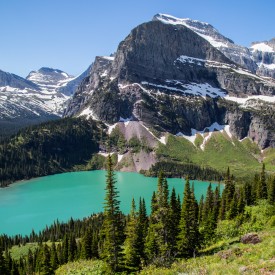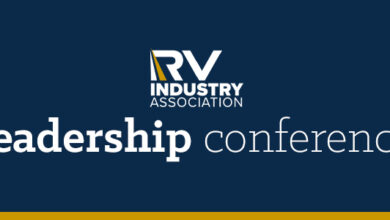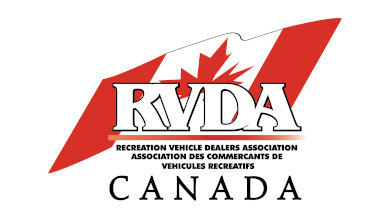Outdoor Rec Advisory Committee Quietly Shut Down

Visit many U.S. parks and campgrounds in an RV, and the need for updated amenities is very apparent, said Chris Bornemann, the RV Industry Association’s director of government affairs. Such needed things might include hookups with 50-amp electrical service, improved dump stations, and – the biggest ask – Wi-Fi.
Ideas that weren’t at the forefront as the Eisenhower-era federal campground infrastructure was being built.
According to RVIA, there’s a $12 billion maintenance backlog hurting the National Park Service (NPS). And the need to repair roads and bridges and modernize campgrounds was pushed heavily starting in 2017 by the then formed Outdoor Recreation Advisory Committee.
However, on Nov. 1, the committee, which was intended to advise Department of the Interior on how to go about such rehabilitation, was disbanded.
But this doesn’t necessarily create any major slowdown.
“With growing interest in expanding and supporting public recreational access, the NPS is working to create a second century campground experience that supports sound investment and management for campgrounds that may be enjoyed by all,” David Vela, director of the NPS, said in a statement about the closure. “To this end, we are coordinating a campground modernization and rehabilitation strategy.”
Bornemann clarified that the campground modernization and rehabilitation strategy is still in place. The “Restore Our Parks Act” and the “Restore Our Parks and Public Lands Act” is the current bipartisan-supported and RVIA-advocated piece of legislation. Over a five-year period, the two pieces of legislation would provide about $6.5 billion in funding to address priority repairs and services.
Also at work are the defunct Outdoor Recreation Advisory Committee’s goals to implement the funding for such change through public-private partnerships.
To clarify: that’s not say “privatization.”
Whereas privatization might mean an oil and gas company owning and drilling a piece of national park, public-private partnerships offer modernization funding without overstepping boundaries. For instance, a Starbucks opened in Yosemite National Park last year. But that doesn’t mean people can pick up a Grande Cappuccino while on a hike. The companies, food trucks, etc., would only be in the front country, leaving the backcountry untampered with. Ditto services like Wi-Fi that public-private partnerships would enable.
“There have been concessions or services that have been managing campgrounds on federal lands for a long time,” said Bornemann. “These partnerships have strict agreements between park service and experienced campground operators where – upon approval from the Park Service – they would finance upgrade and operate the campgrounds on federal lands while balancing the vital conservation and environmental needs and keeping the iconic national park service look and feel.”
For more information on RVIA’s goals for national parks, read more here.



